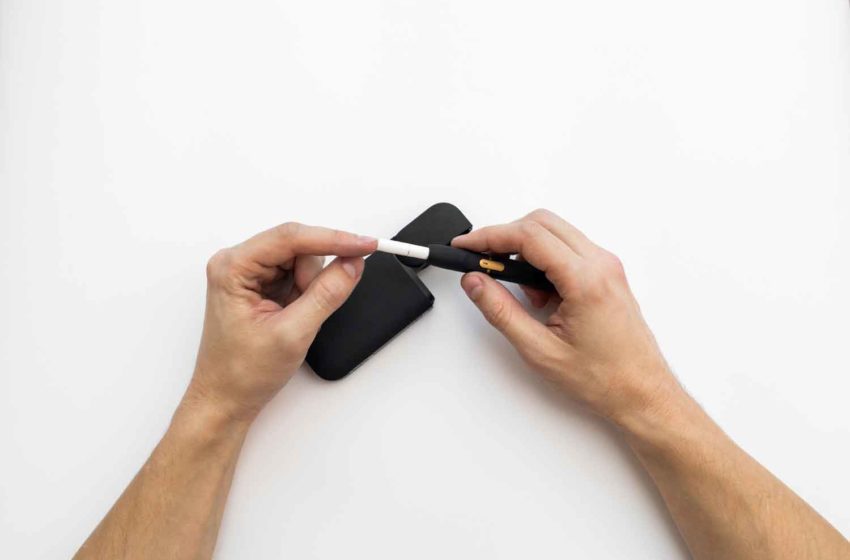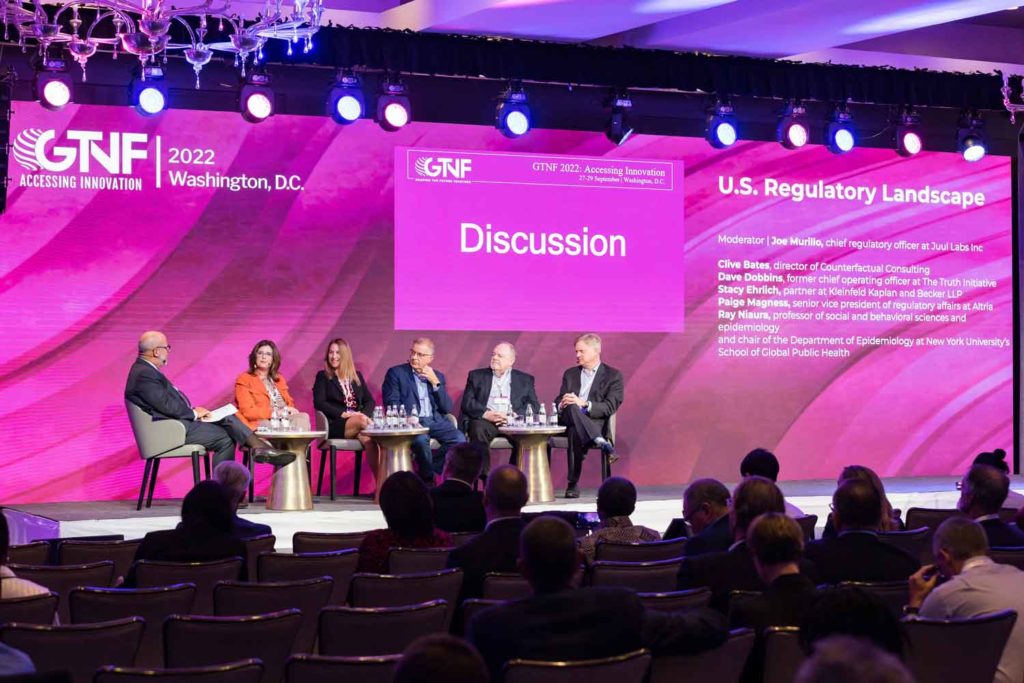When announcing its comprehensive plan for tobacco and nicotine regulation in 2017, the U.S. Food and Drug Administration stated its ambition to render combustible tobacco products incapable of creating or sustaining addiction, along with its aim to provide adult smokers with a less toxic source of nicotine.
The agency’s agenda had the potential to transform the nicotine market. In 2019, then-FDA Commissioner Scott Gottlieb emphasized the importance of clarifying “the rules of the road” by explaining to companies what information the FDA needs to review tobacco product applications.
Five years after the agency’s announcement, however, there are only a handful of authorized cigarette alternatives. To date, only a few tobacco-flavored e-cigarettes have received a green light from the FDA. The single authorized modern-oral product has not been sold in four years.Philip Morris International’s IQOS heat-not-burn product was granted a modified-risk order but is currently unavailable in the U.S. due to a patent dispute.
The FDA’s comprehensive plan, panelists unanimously agreed, hasn’t worked out. Dave Dobbins, former chief operating officer at The Truth Initiative, an anti-smoking organization, said that in 2017 there was more openness to the FDA’s plan. However, that was stifled by the advent of Juul. Instead of presenting these products as alternatives for adult smokers, he said, Juul Labs marketed them to youth.
Clive Bates, director of Counterfactual Consulting, described the status quo as a “chaotic rolling fiasco where a credible regulatory regime should be.” Looking back at a regulation impact analysis from 2016, Bates said the FDA had expected to regulate 450 devices and 2,500 e-liquids at an estimated cost of $466,000 per device and $133,000 per liquid.
Had the FDA known that submissions for more than 6 million products would be made, with the real cost amounting to millions of dollars per application, the agency would have created a more sensible framework, he argued. Being designed to regulate a wide range of nicotine products with a wide range of risks, the current law is unfit for purpose, said Bates. The “appropriate for the protection of public health” concept does not make sense, especially since the respective tests had been so loosely specified that it was open to abuse, he pointed out. “If you can specify very low-nicotine cigarettes as a modified-risk product but deny the order for Juul, this essentially means you can do anything under the umbrella framework,” said Bates. The creation of de facto standards, such as a flavor ban, by using individual assessments rather than going through the rule-making process, was shocking and probably even illegal, Bates explained.
To help remedy the situation, Bates suggested moving behavioral population studies from premarket assessment to postmarket surveillance. Instead of focusing on individual products, the U.S. should enact a national surveillance system covering the entire market. The barrier to market entry must be dramatically lowered, Bates said, with a focus on individual risk and toxicity. He also called for de facto standards to ease passage through the regulatory process. It would also make sense for the FDA to make some findings of fact to avoid perpetual reinvention of the wheel. “This would lead to a more economically efficient, transparent and predictable process that would help the FDA deal with the backlog and establish an innovation pipeline that doesn’t require a five-year review,” he said. Presently, every applicant must prove the safety case for excipients, nicotine, etc.
Stacey Ehrlich, partner at Kleinfeld Kaplan and Becker, pointed out that none of the companies had figured in litigation cost when they submitted their premarket tobacco product applications (PMTAs). The FDA’s rejection of all applications for nontobacco-flavored e-cigarettes—condemned by the 11th Circuit Court in August—looks like an attempt to eliminate many applications without having to look at the science, she said. Ehrlich also criticized the agency’s lack of transparency: “Companies that received a marketing denial order still don’t know why their product failed to get a PMTA,” she said.
While claiming a commitment to science-driven policymaking, the FDA does not play by its own rules, according to Paige Magness, senior vice president of regulatory affairs at Altria. “FDA does have guidance on PMTAs but clearly didn’t follow the science when they applied the Fatal Flaw rule,” she said, referring to a shortcut the regulatory agency used to expedite the processing of applications.
Ray Niaura, professor of social and behavioral sciences and epidemiology and chair of the Department of Epidemiology at New York University’s School of Global Public Health, urged the FDA to make greater use of modeling and to better explain the rationales for its decisions.




















